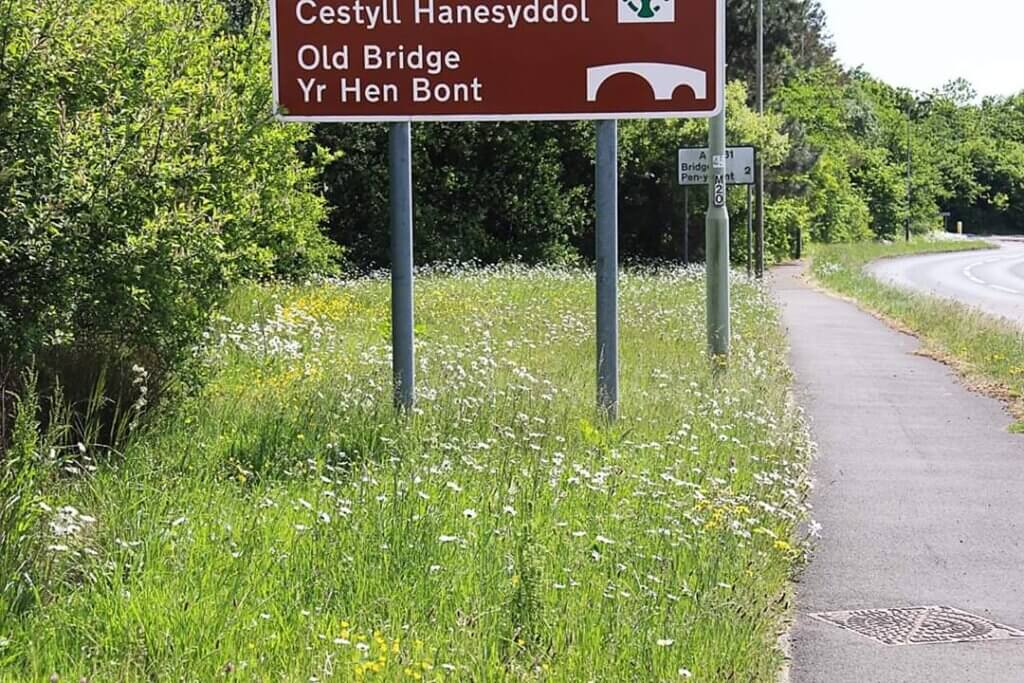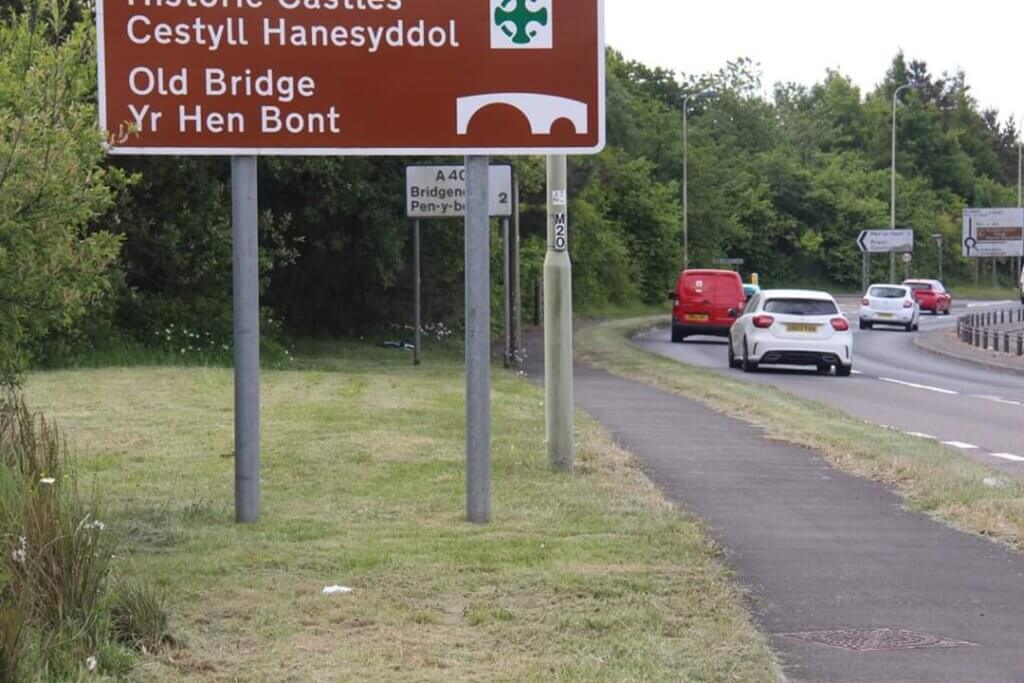After coronavirus (which might be quite a long way away), or at least when the world settles down to a new normal, there are some things that I’d like to be different. So over the next days and weeks I’m going to write them down. They will mostly be to do with our relationship with the natural world (but not exclusively).
If you would like to have a go at writing a guest blog on a thing that you would like to be different then please take notice of these general guidelines for guest blogs and send it to me at [email protected] for consideration. I’ll give priority to offers that relate to the natural environment, and/or to those that are well-written (IMHO).
My Twitter timeline seems to be full of pictures of mown verges where tidiness has been prioritised over nature. I totally accept that for reasons of road safety some grass cutting is needed at some time in some places, but there seems to be an awful lot of it going on – and it happens every year. Right now, I’d prefer local authorities to prioritise repainting white lines on the road so that one can see where junctions are, and where lanes on roundabouts are, than scalping the verges. I reckon I’ve seen more near-accidents through these two omissions than from there being some buttercups in the grass.
And it happens every year. I associate this campaign and this uproar with Plantlife and I see that their campaign got a mention on this blog back in 2012 (click here) and then there was a guest blog here, one of the first, by Sarah Pettegree who makes wonderful pies (see here). And Plantlife hasn’t given up – see here.
So, one small thing I’d like to be different ‘after’ is that local authorities get the message that more wild flowers is a good thing – an excellent thing, a marvellous thing, a necessary thing. A wanted thing!
If you wanted a picture that captured our wanton and pointless and costly destruction of wildlife around us than there could be nothing more fitting than some bloke (for in my experience they are always blokes) being paid for sitting on a mower decapitating wild flowers where there is nothing to be gained by this activity.
Which would you want out of these two images?


If we can’t get this right then I really don’t know quite how we reckon we are going to solve rather trickier environmental issues that really require some trade-offs.
[registration_form]
Wonderful idea.
In these times of local and national authorities trying to legitimately save money this is surely a no brainer. Yes there are corners, approaches to junctions in some places where the verge may NEED to be cut for visibility reasons but just like the case in the photos there are hundreds, no probably thousands of miles of verge unnecessarily mown, a wonderful waste of wildlife and highways or local authority money ( our taxes!)
As an ex Harrogate resident it used to infuriate me that all the verges from the A1 to the Yorkshire Show Ground were scalped just before the show, so the approaches always looked awful rather than a strip of wildflowers and waving grasses.
Not cutting where unnecessary is surely a win-win situation and no mown doesn’t look tidier!
Working in Devon the other day, I noticed a verge that had been cut (to provide a fairly important visibility splay I must admit). The thing that caught my attention was that whoever had done it had gone to the effort of strimming around the sporadic clumps of ox-eye daisies and knapweed. Council policy? Or one person’s small act of ecological rebellion? I’m not sure which I prefer the most!
Speaking to a few council employees it seems that people working in some departments that are deemed non essential or can’t work from home have been redeployed to other areas just to keep them busy. I suspect the hack and chop departments have been given a few new people to deal with hence the excessive tidyness problem.